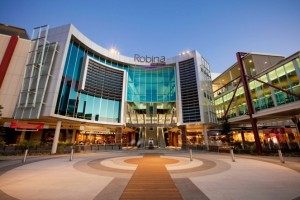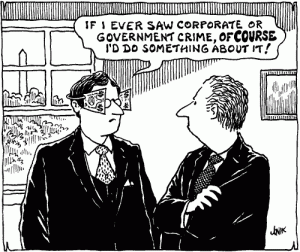As economic issues such as poverty, civil unrest, and epidemics persist, it can sometimes feel odd to encounter news articles of luxury brands and the issues that they currently face. While global issues remain the core topic of news, I thought it would be interesting to take a new view of things and observe the status of the high-end market.
In her post, Vivian Lee touches upon Stuart Weitzman’s strategy for competing in the high-end market. By keeping costs at a fraction of what most other shoe brands would, Stuart Weitzman provides customers with products of high-end quality at much more affordable prices. Though, in theory, this strategy appears logical and most advantageous to the company, realistically, the company may face certain unforeseen challenges. In contrast to recent news, Michael Kors, another luxury brand, had began to lose value in it’s brand name merely by becoming too accessible to consumers. In much the same way, Stuart Weitzman’s decision to sell at lower prices may ultimately devalue its high-end brand image and if continued to sell under a luxury label, may actually put itself at a disadvantage. What customers may end up regarding the brand as is a luxury brand with low perceived value, making it difficult to compete in this industry. If Stuart Weitzman is to stay competitive, it should (a) reconsider it’s pricing strategies, (b) differentiate it’s products, or (c) remove itself from the luxury goods industry and compete in a lower-end goods industry.
Vivian’s Blog: http://blogs.ubc.ca/leeviviann/2014/10/25/mastering-mid-market-glamour/
Michael Kors News: http://www.webpronews.com/michael-kors-brand-losing-value-is-it-oversaturated-2014-07



